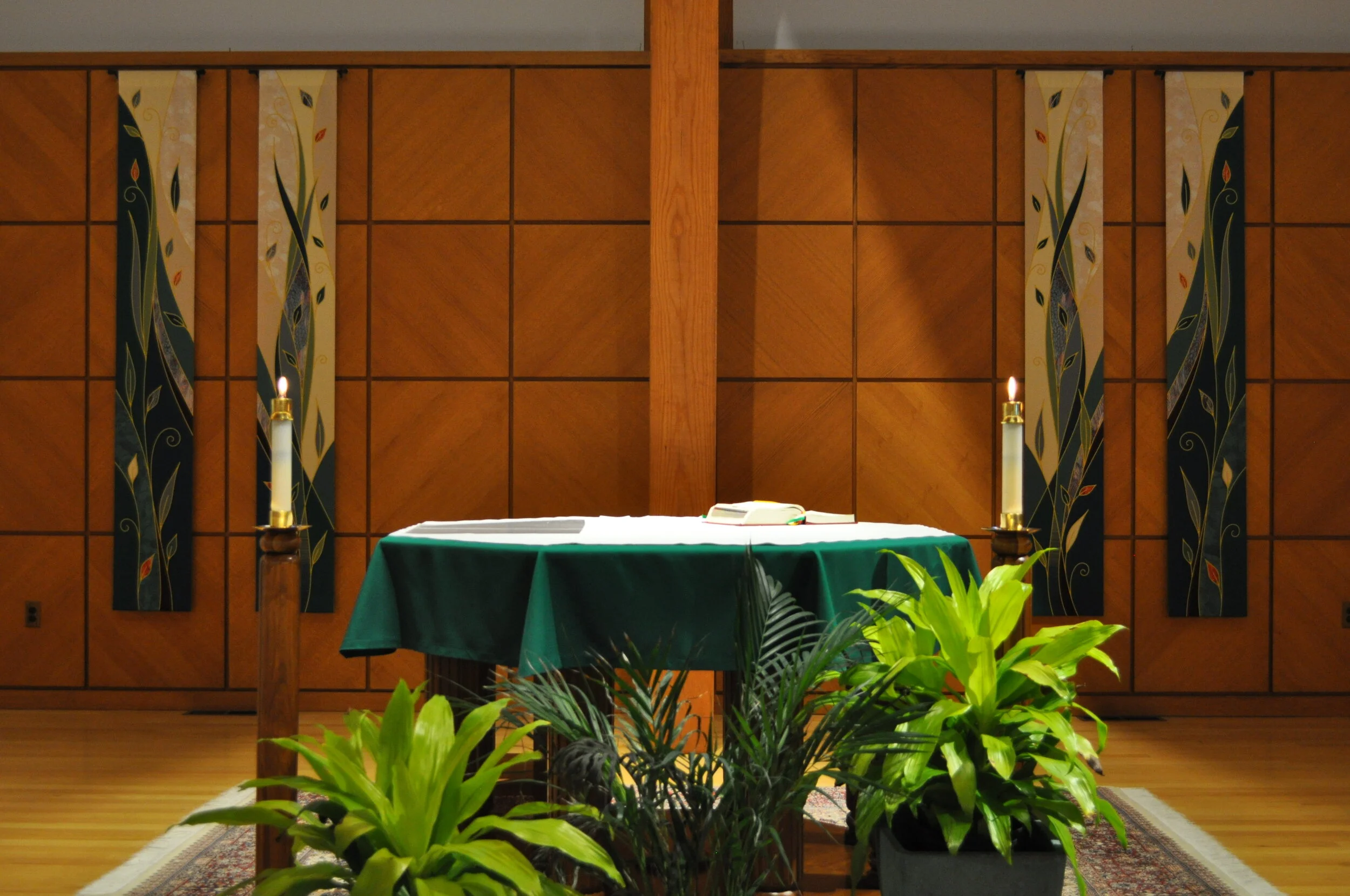
Who am I supposed to listen to?
Week Two: Why does learning about Catholic Social Teaching matter right now?
Raring to learn more? Check out these resources:
The Seven Themes of Catholic Social Teaching (5 min.)
Social Teaching | Catholic Central (7 min.)
Catholic Social Teaching (8 min.)
Why does learning about Catholic Social Teaching matter right now?
I have so much on my plate these days. If I’m not working or taking care of my family, I’m struggling to keep up with the news. There’s always something new to worry about, and something more to do.
Be not afraid.
We can’t be Catholic alone. Every human person is sacred and social. We’re called to be responsible for one another. That’s why learning about Catholic Social Teaching matters right now—because it’s my Catholic obligation. In Jesus’s words: “You shall love the Lord your God” and “love your neighbor as yourself” (Mt. 22:39).
What would our world look like if “love your neighbor” was the guiding principle?
For over 100 years, the Church has been guided by the seven principles of Catholic Social Teaching. Vatican II says they help us see “the signs of the times” and understand them “in light of the Gospel.”
Catholic Social Teaching connects Jesus’s teachings to our lives today. Its seven principles help our faith guide our conscience. It helps us live our beliefs every day, in every choice we make.
When I follow Catholic Social Teaching, I know I’m following the teachings of Jesus.
The United States Conference of Catholic Bishops says Catholics should “involve themselves” for the “weak and marginalized”—those affected by issues of “racism, poverty, hunger, employment, education, housing, and health care.”
When one of us suffers, we all suffer.
But what are these seven principles? In a few short words:
Life and Dignity of the Human Person tells us that all people are sacred.
Call to Family, Community, and Participation shows us our duty to the common good.
Rights and Responsibilities helps us understand our responsibilities to each other, and the basic needs of human decency.
Option for the Poor and Vulnerable tells us how to help the most vulnerable members of our communities.
The Dignity of Work and the Rights of Workers shows that the economy must serve its people, not the other way around.
Solidarity teaches us that we are one human family in a global neighborhood pursuing justice and peace.
Care for God's Creation helps us care for God’s gift to us: the earth.
What parts of Catholic Social Teaching can I see in the choices I make?
What would our world look like if love your neighbor was the guiding principle?
Let’s spend this week thinking about it.
Modern Catholic explores the seven principles of Catholic Social Teaching and how they can guide our lives today. Join us next week to learn about the first principle—Life and Dignity of the Human Person.
Delve deeper using the resources at the top of the page.

